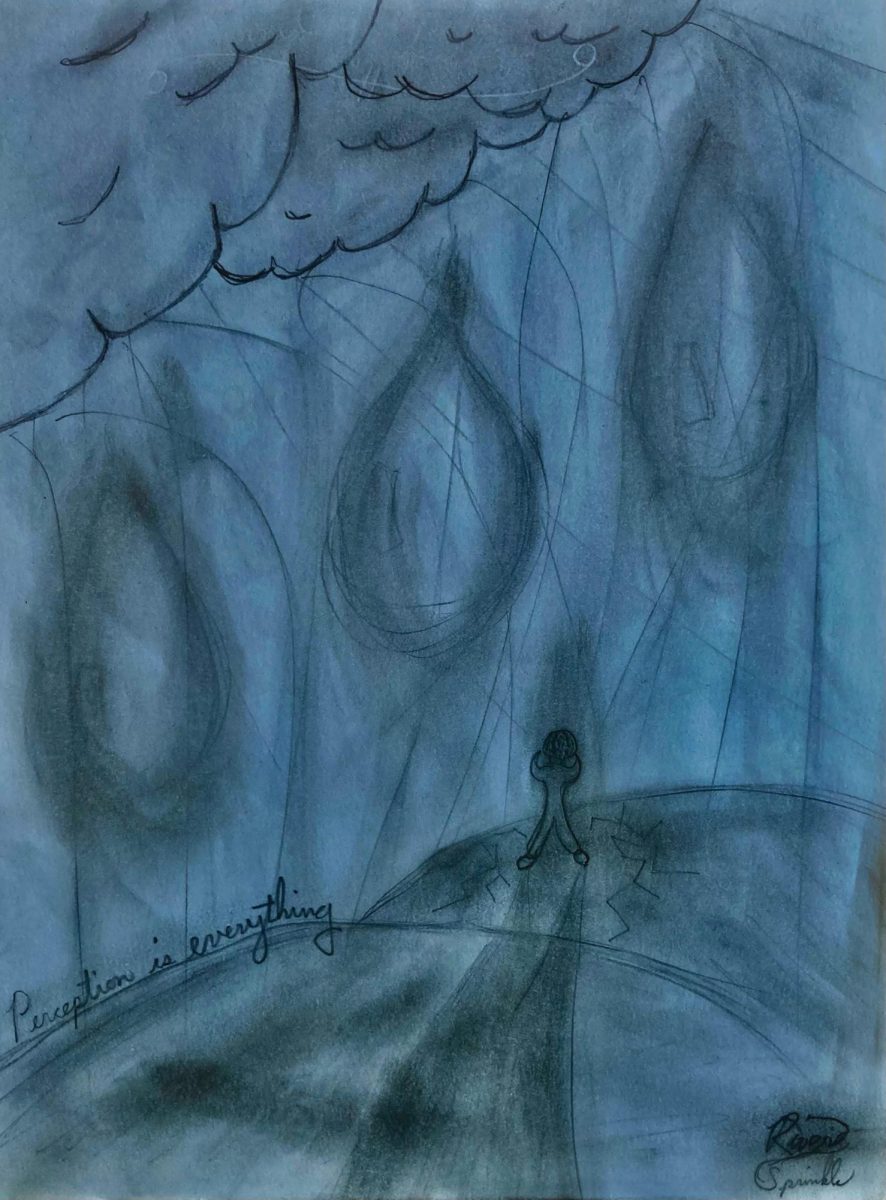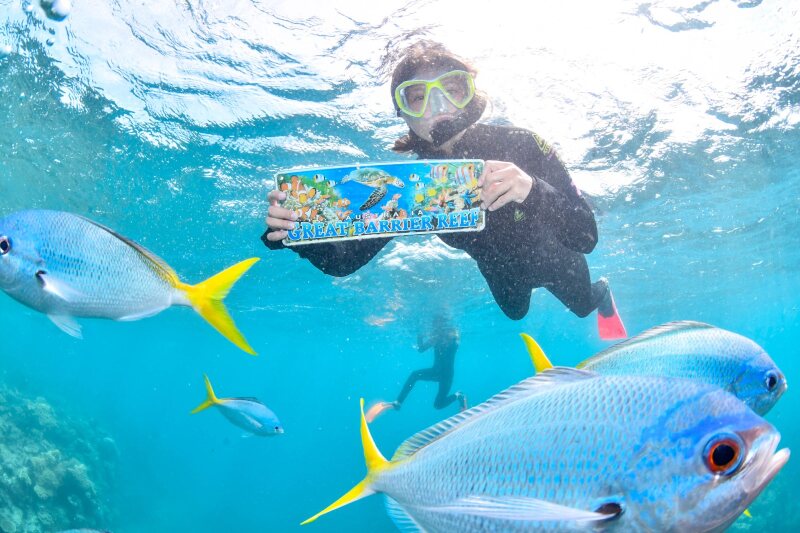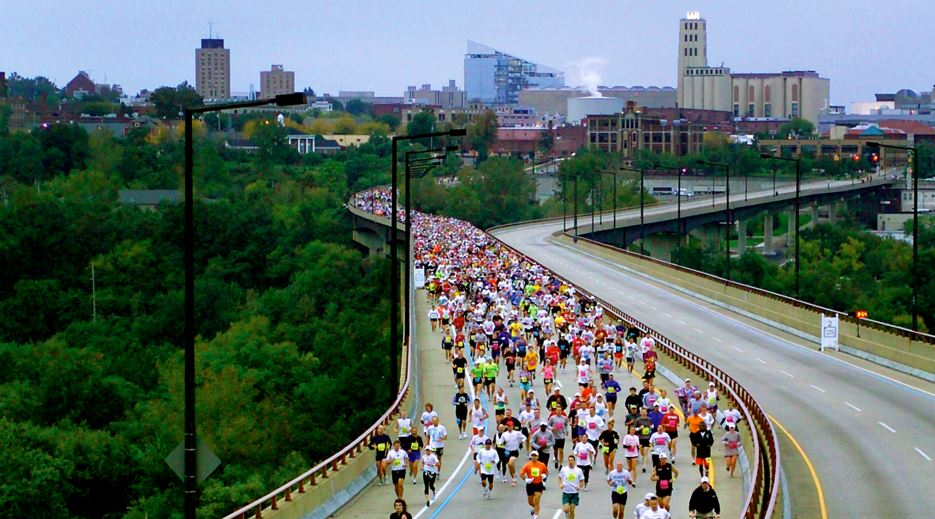Dakota Phillips
The single greatest case for faith in humanity happened in October of 1962. Historically, this was the moment the USSR came close to nuking the U.S. and vice versa. The world could have easily perished into the nuclear fires of Mutually Assured Destruction.
We realistically could’ve been sentenced to surviving in a post-apocalyptic wasteland of ash and radiation. Instead, we have this world. Orphans starve while we fret about the latest fashions.
There’s a social stigma to tragedies that it’s wrong to think every tragedy is the last. That acknowledging its constant possibility is bad. Too many people turn around after a tragedy and live their life the exact same, maybe a little shaken.
Maybe there’s even a built-in mechanism in society for tragedies where everyone forgets about death and destruction at the end of every week.
We, as Americans, are not bathed in the largest possible amount of violence and horror of this world to possibly be desensitized. And if a bomb that kills eight people is too much for you, don’t leave the house.
If you can’t handle this imperfect world, you sadly don’t have a choice; this world will invade your quiet world of peace regardless of what you do or believe to prevent it.
But one solution we try to impose upon human monsters is detecting them, seeing their patterns and symptoms. We easily can predict typhoons, hurricanes and earthquakes. But finding the ultimate spawning pit for human evil, the factory making bad men or the Satan gene eludes us.
The truth is that everyone has the potential to do horrible things; it just takes a reworking of our understanding of moral action. Terrorists blow themselves up because they think it’ll make the world a better place, just as we target the newest blacklisted ethnicity.
Get rid of X and the world will be a better place.
Think of prevention like this: Imagine you’re a doctor treating a suicidal schizophrenic; why keep treating a patient that just keeps getting sick? It’s more unethical to keep them alive, constantly inflicting pain on themselves, and better to put them out of their misery.
The schizophrenic is mankind and the easy solutions are to either euthanize it or constrain it. Do we consume ourselves in the fires of mutually assured destruction or suppress everything that is human?
My answer is that natural selection will make that decision if we don’t.
The take-away answer is that life is about the journey, not the destination. Cliché as it is, it’s the truth that I always conclude. Live a meaningful life, not for those who can’t, but because one day you will die. There, I said it. It’s best to think of your life less of where you’re going and more about where you’ve been or are.
Also, it was William Shakespeare’s birthday. He would’ve been 397 if he was a vampire.




